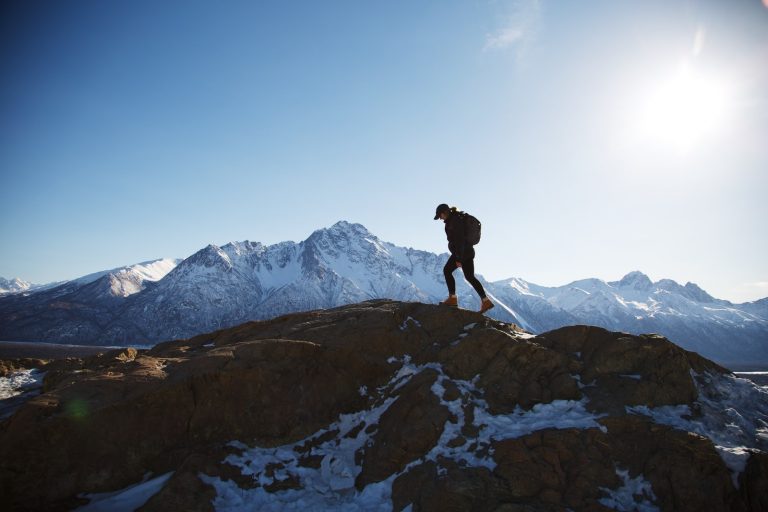Hiking can be an extremely rewarding activity, providing an opportunity for exercise, fresh air, and breathtaking views. However, it can also be physically demanding, and it’s not uncommon for people to feel achy and exhausted after a hike, especially if they’re new to the activity or if they’ve pushed themselves too hard. In this article, we’ll discuss some tips for avoiding and managing post-hike soreness, so you can get back to enjoying the great outdoors.
Stay Hydrated Dehydration can make muscles more prone to injury and increase post-hike fatigue. Make sure to drink plenty of water before, during, and after your hike to help keep your muscles hydrated and reduce the risk of cramps, strains, and other types of soreness.
Warm Up and Stretch Before Your Hike Stretching before your hike can help to prepare your muscles for the physical demands of the activity and reduce the risk of soreness and injury. Focus on stretching your major muscle groups, including your legs, hips, back, and arms, and consider incorporating some light cardio, such as jogging or jumping jacks, to get your heart rate up and your muscles warm.
Take Breaks and Pace Yourself It’s important to pace yourself when hiking, especially if you’re new to the activity or if you’re hiking in challenging terrain. Taking regular breaks can help to prevent fatigue and reduce the risk of injury. Consider breaking up your hike into smaller segments, focusing on one section at a time, and taking breaks as needed to catch your breath, stretch, and hydrate.
Consider Investing in the Right Gear Wearing the right gear can make a big difference in your hiking experience and can help to reduce the risk of injury and post-hike soreness. Look for hiking shoes that provide good support and comfort, and consider using hiking poles or a backpack with a built-in hydration system to help distribute weight evenly and reduce the strain on your muscles.
Take Care of Your Muscles After Your Hike After your hike, it’s important to take care of your muscles to help reduce soreness and speed up recovery. Consider stretching, taking a warm bath, or using a foam roller to massage your muscles. You can also try applying heat or ice to specific areas that are feeling sore, or taking over-the-counter pain medication if necessary.
In this article, we’ve discussed some tips for avoiding and managing post-hike soreness, including staying hydrated, warming up and stretching before your hike, taking breaks and pacing yourself, investing in the right gear, and taking care of your muscles after your hike. By following these tips, you can enjoy the benefits of hiking without sacrificing your comfort and health.

